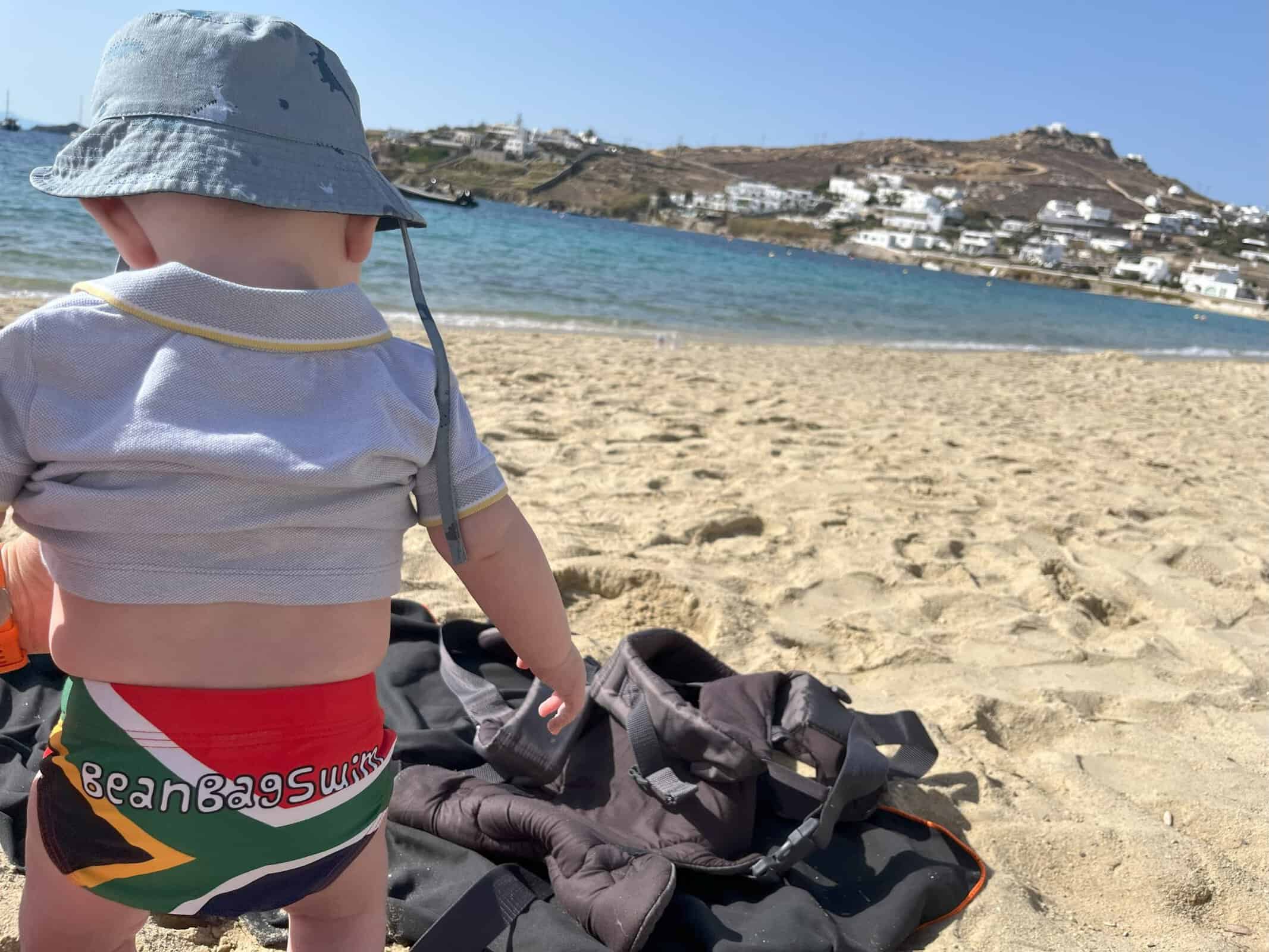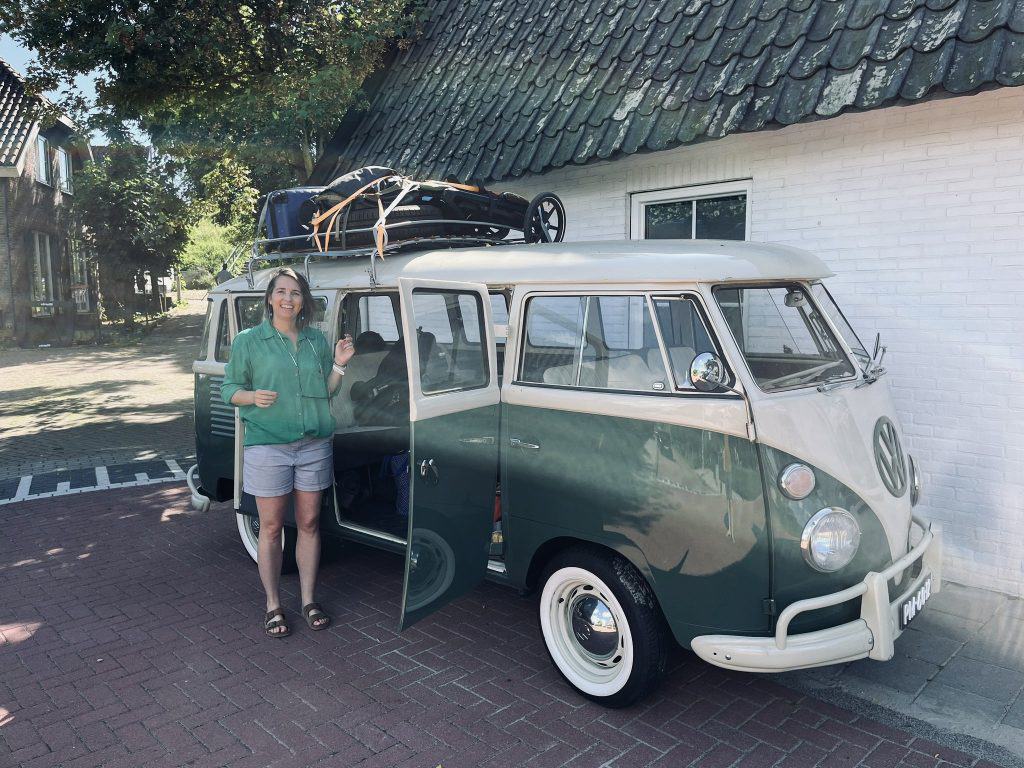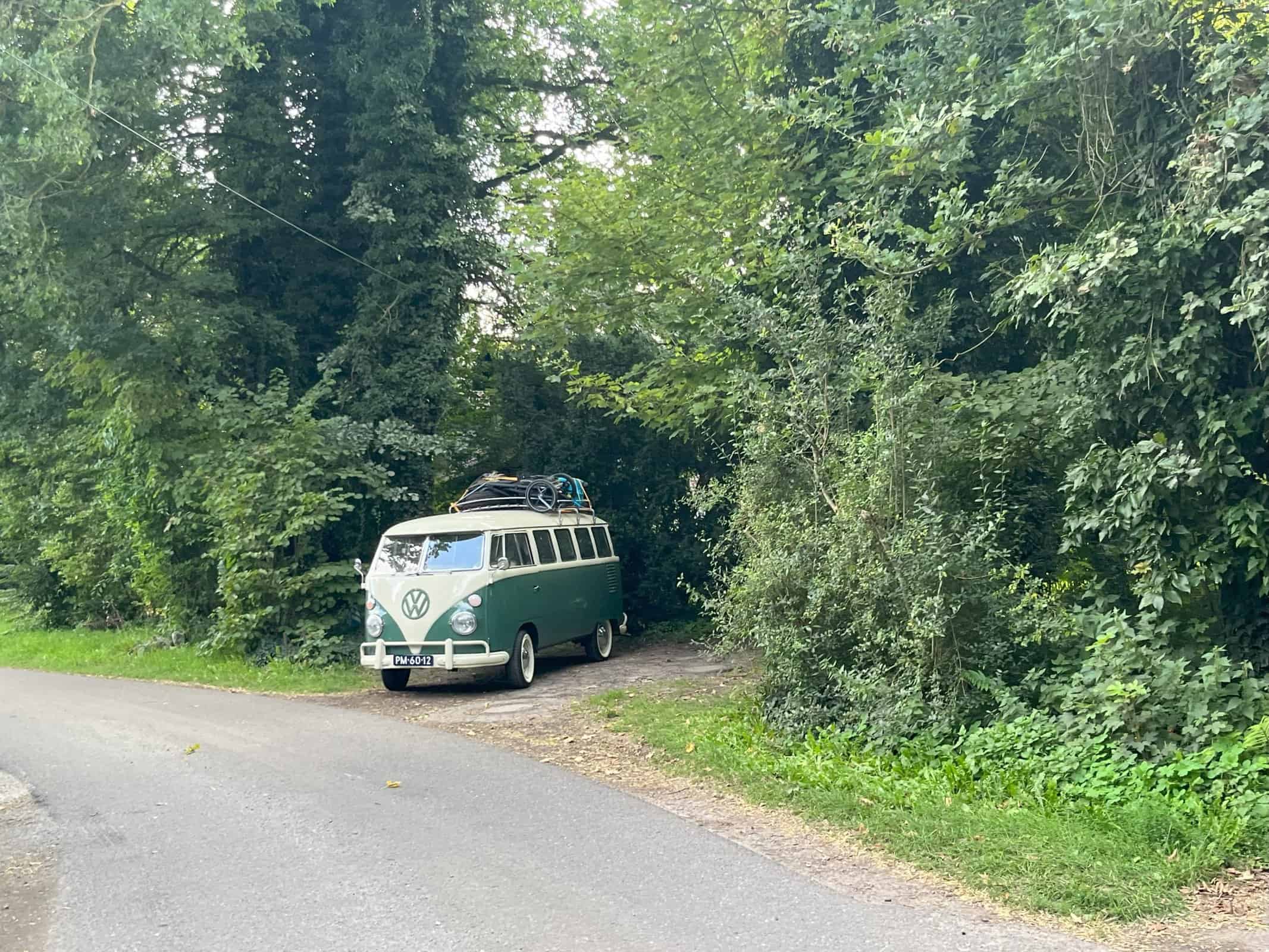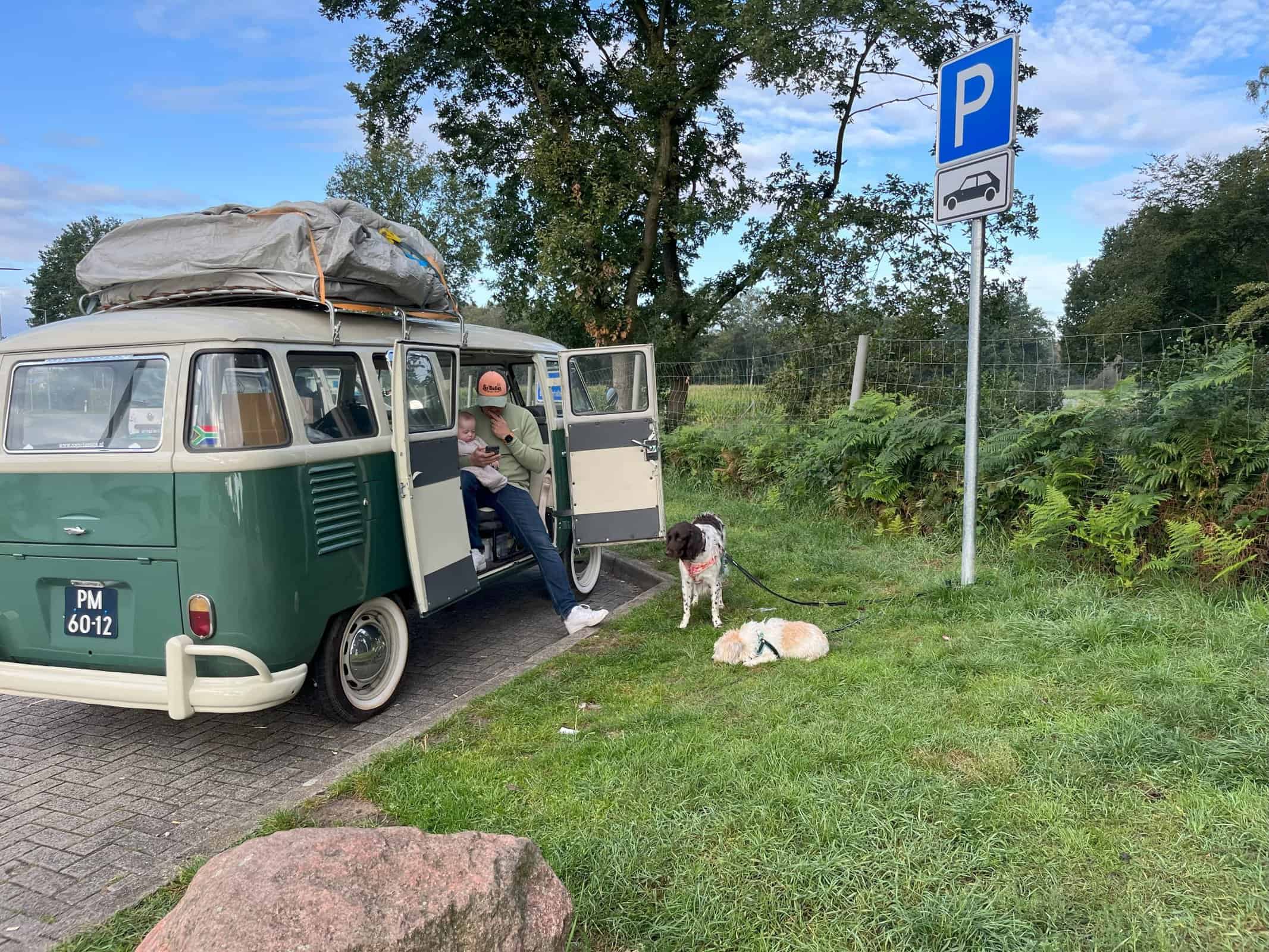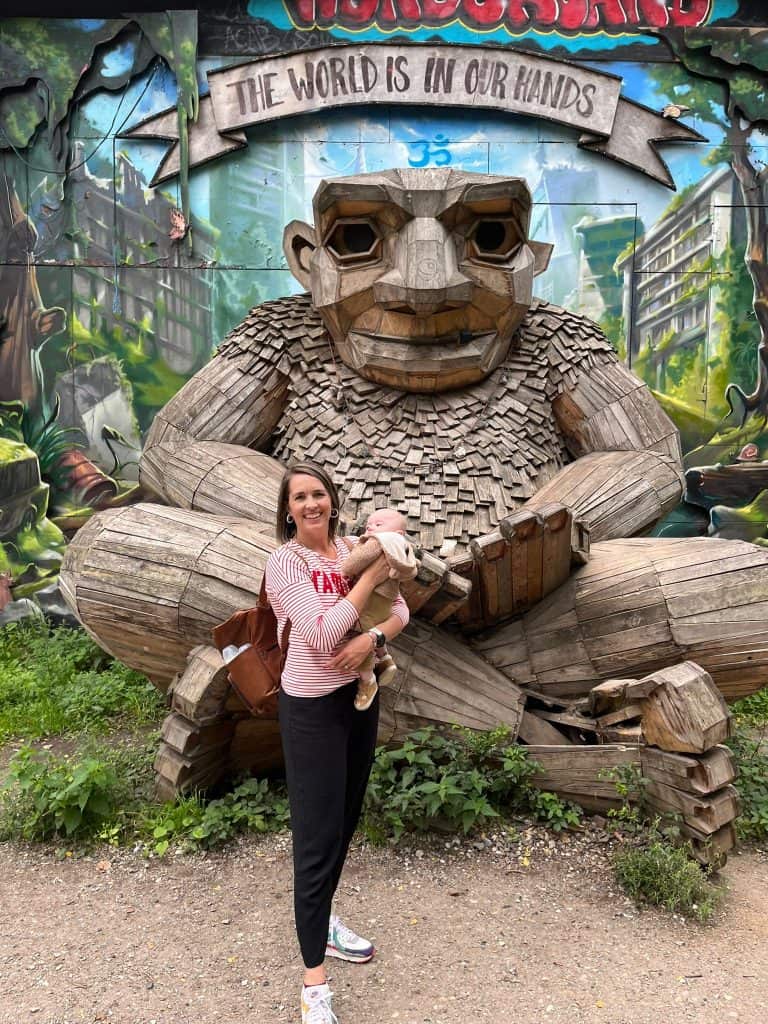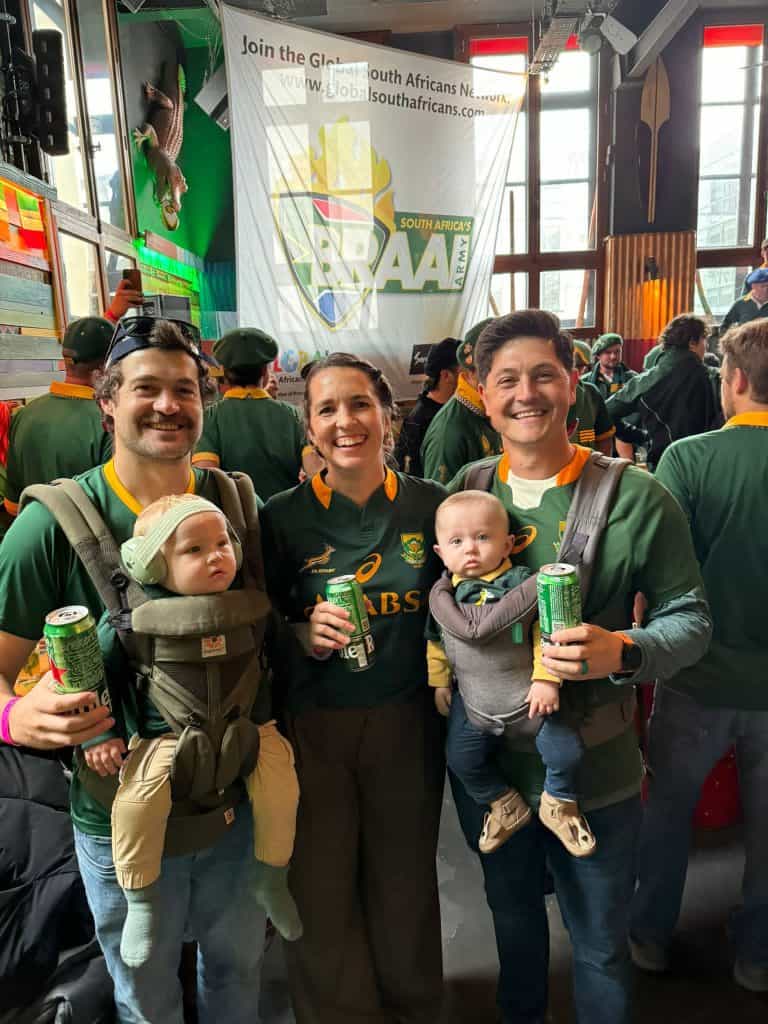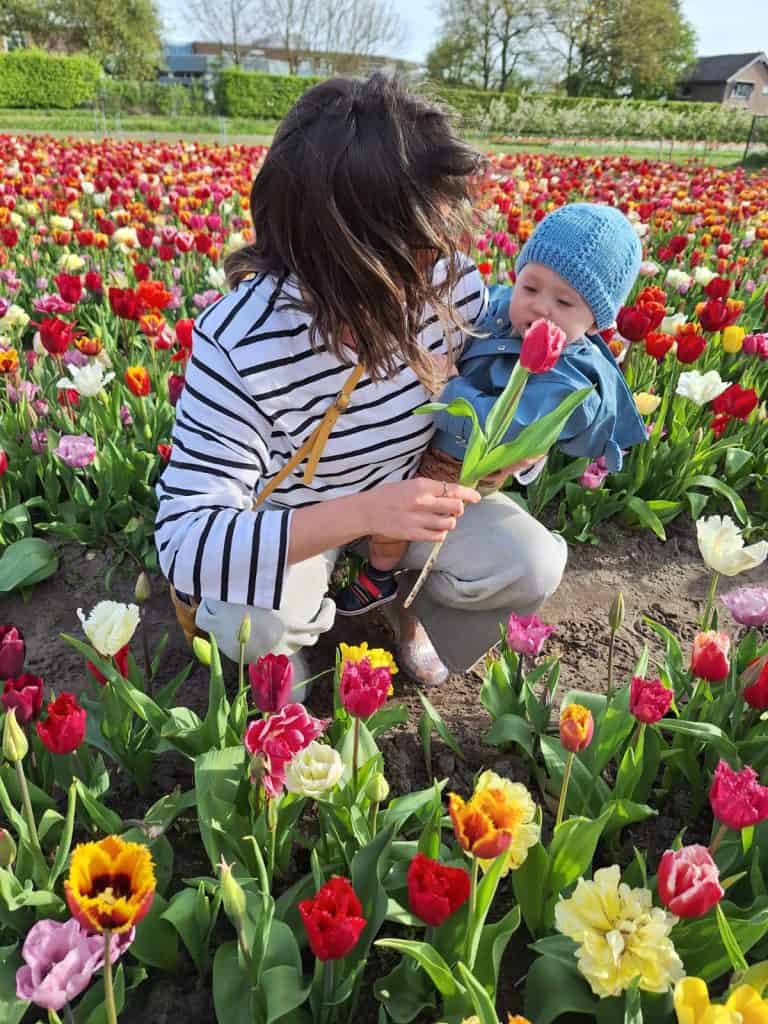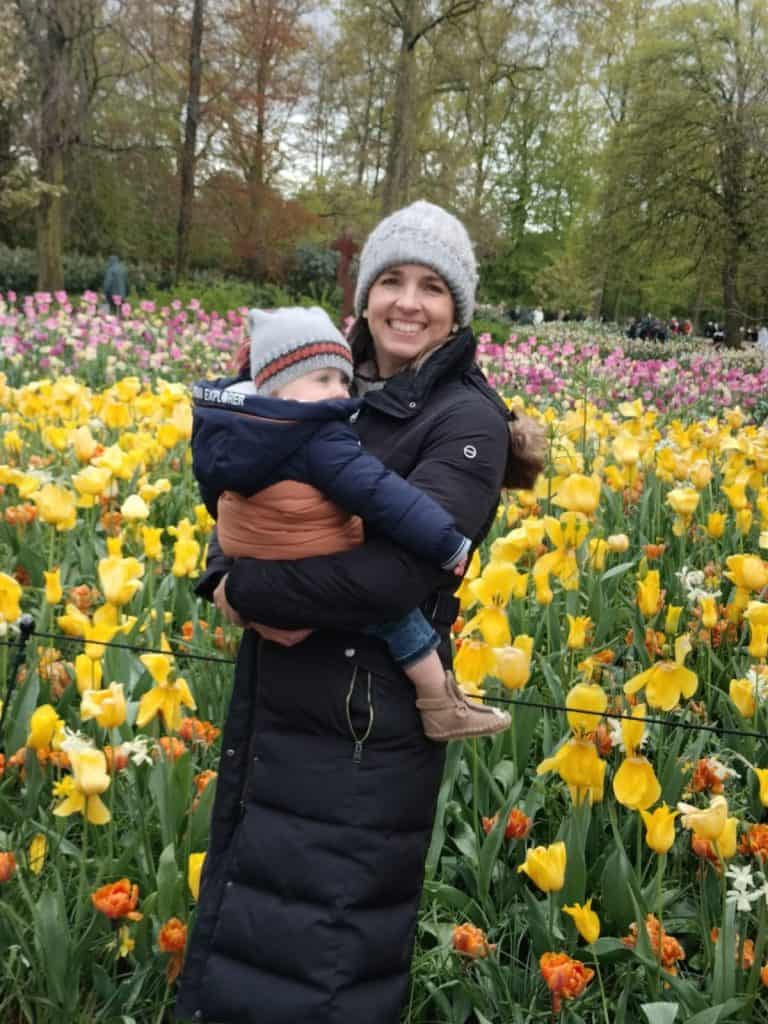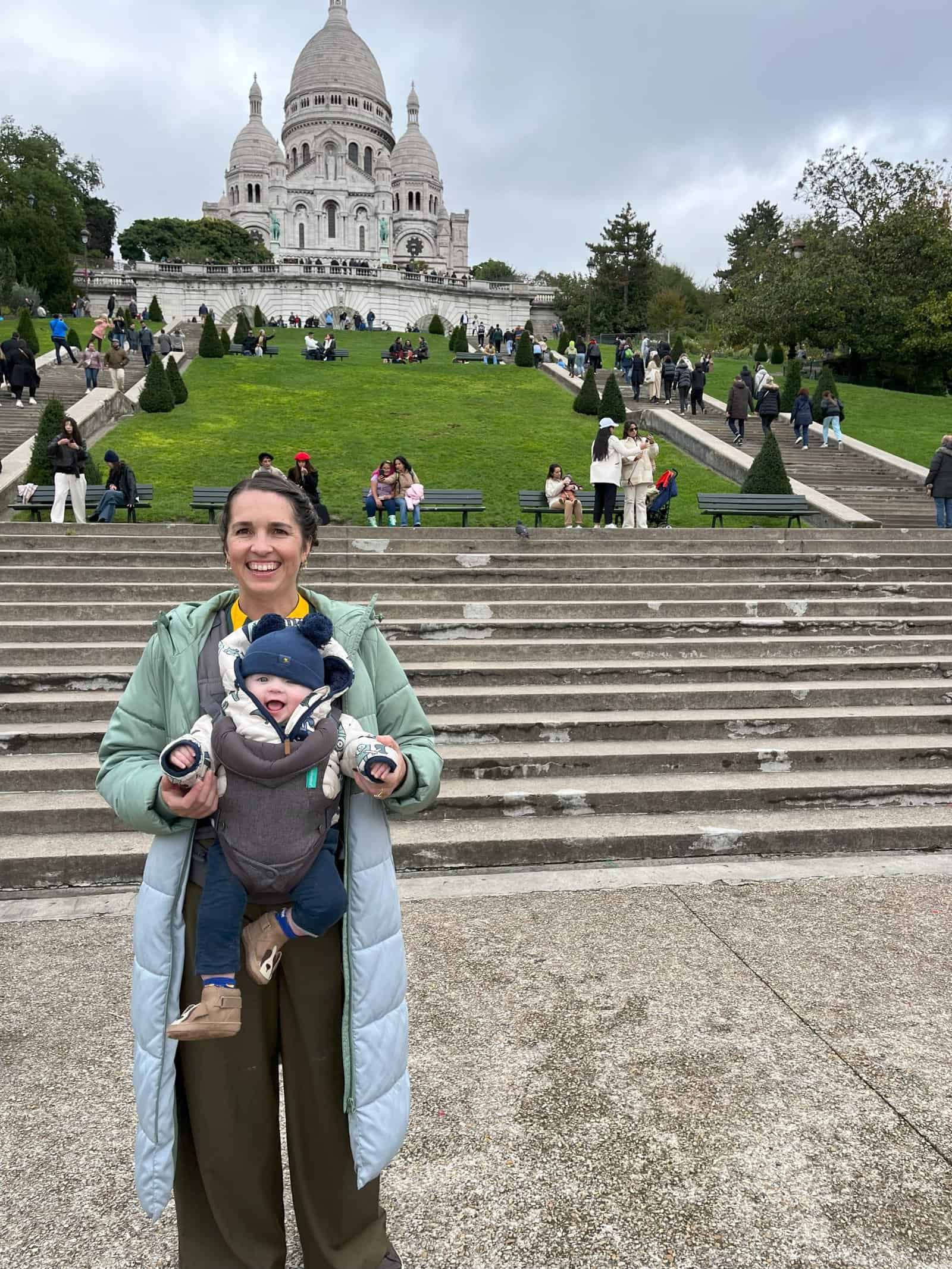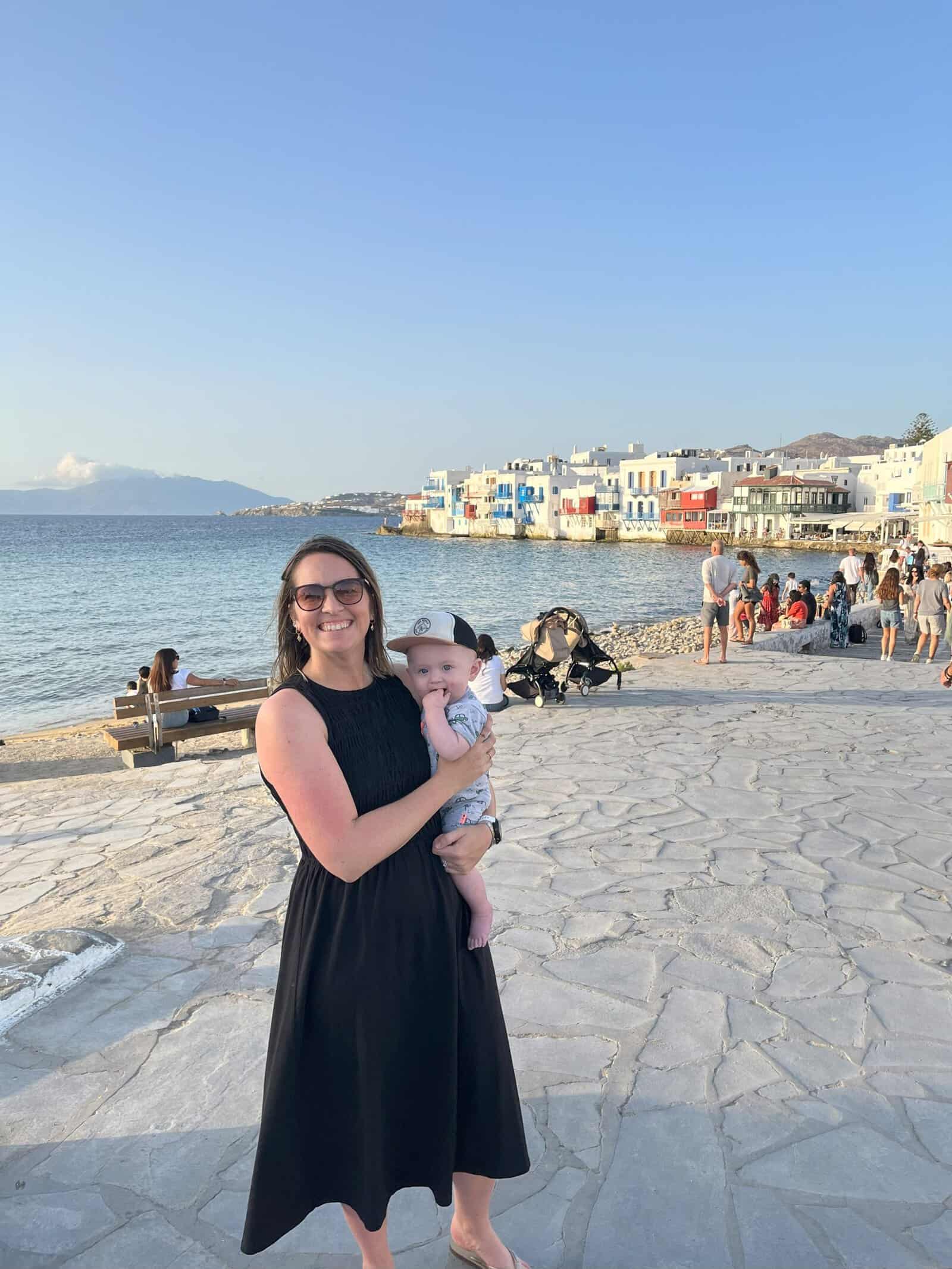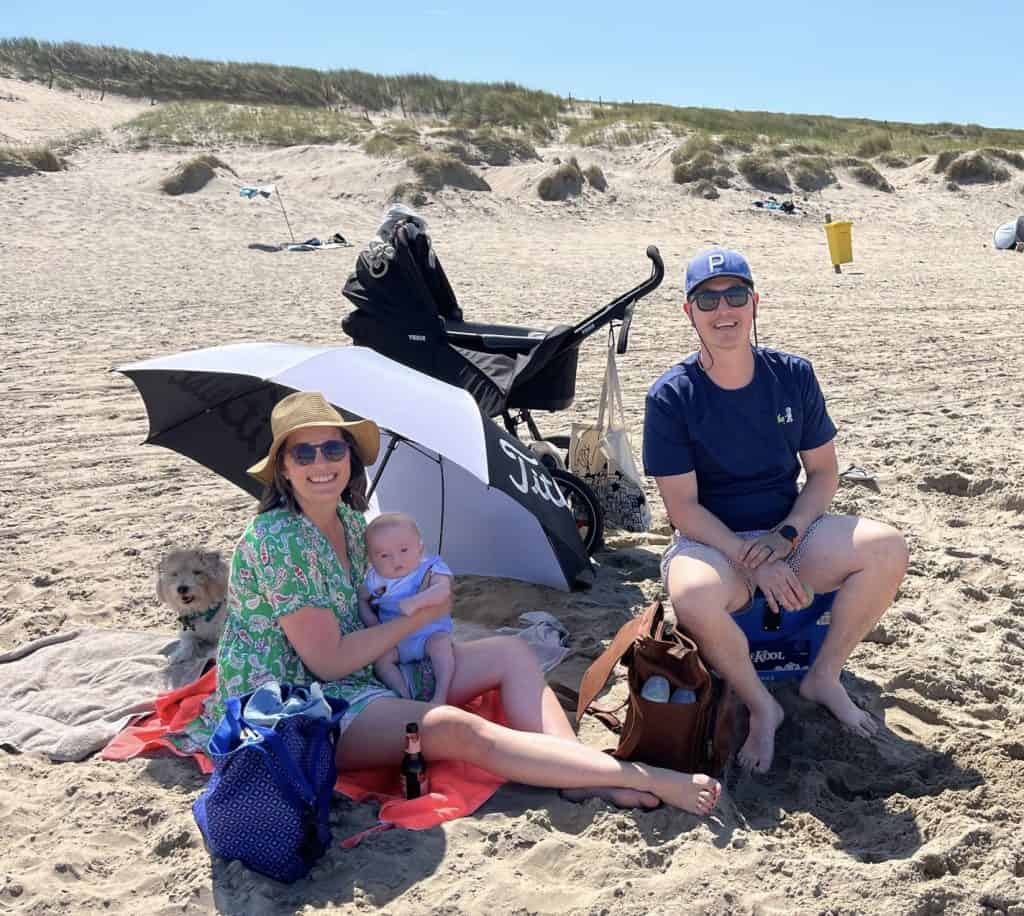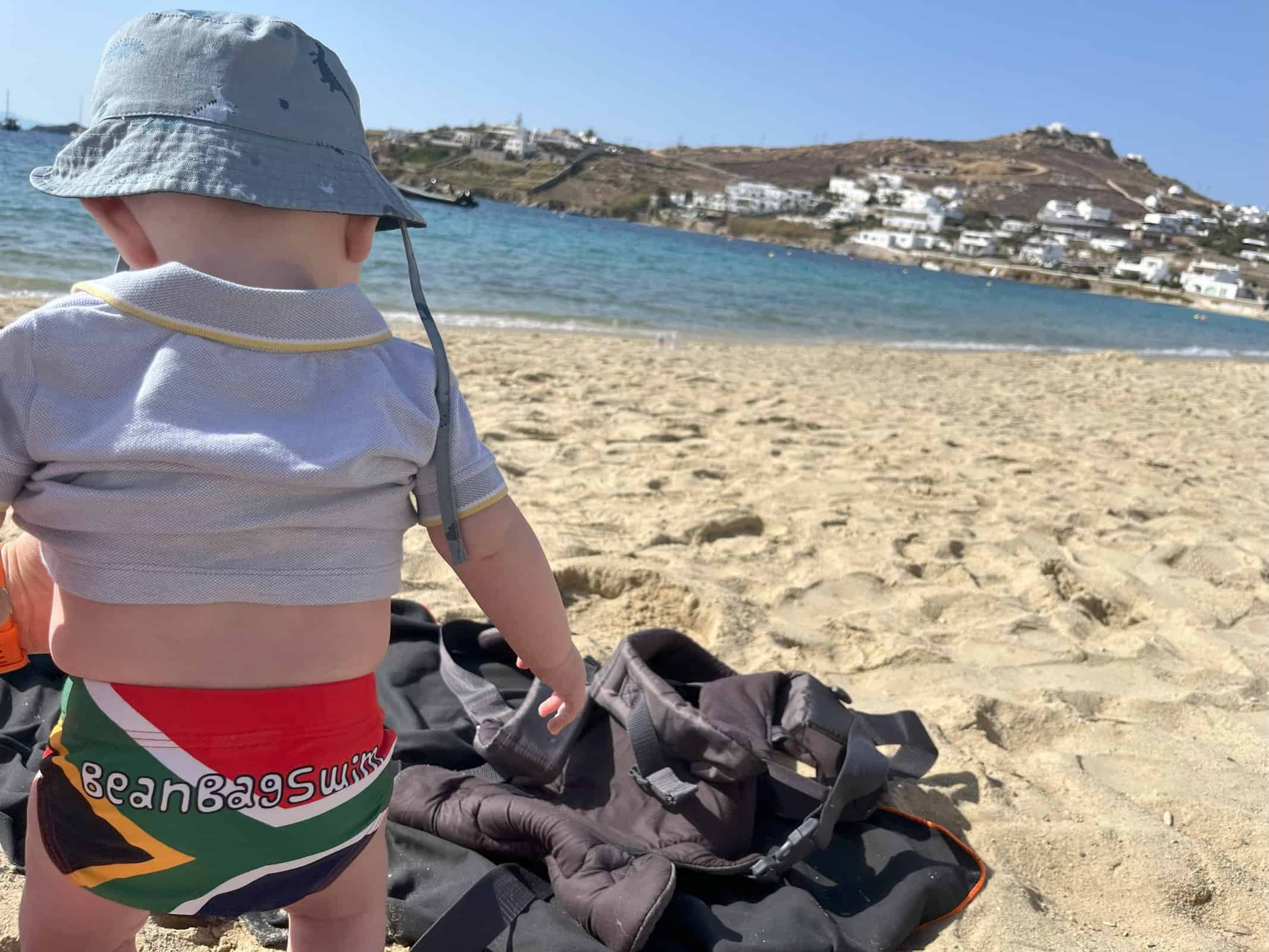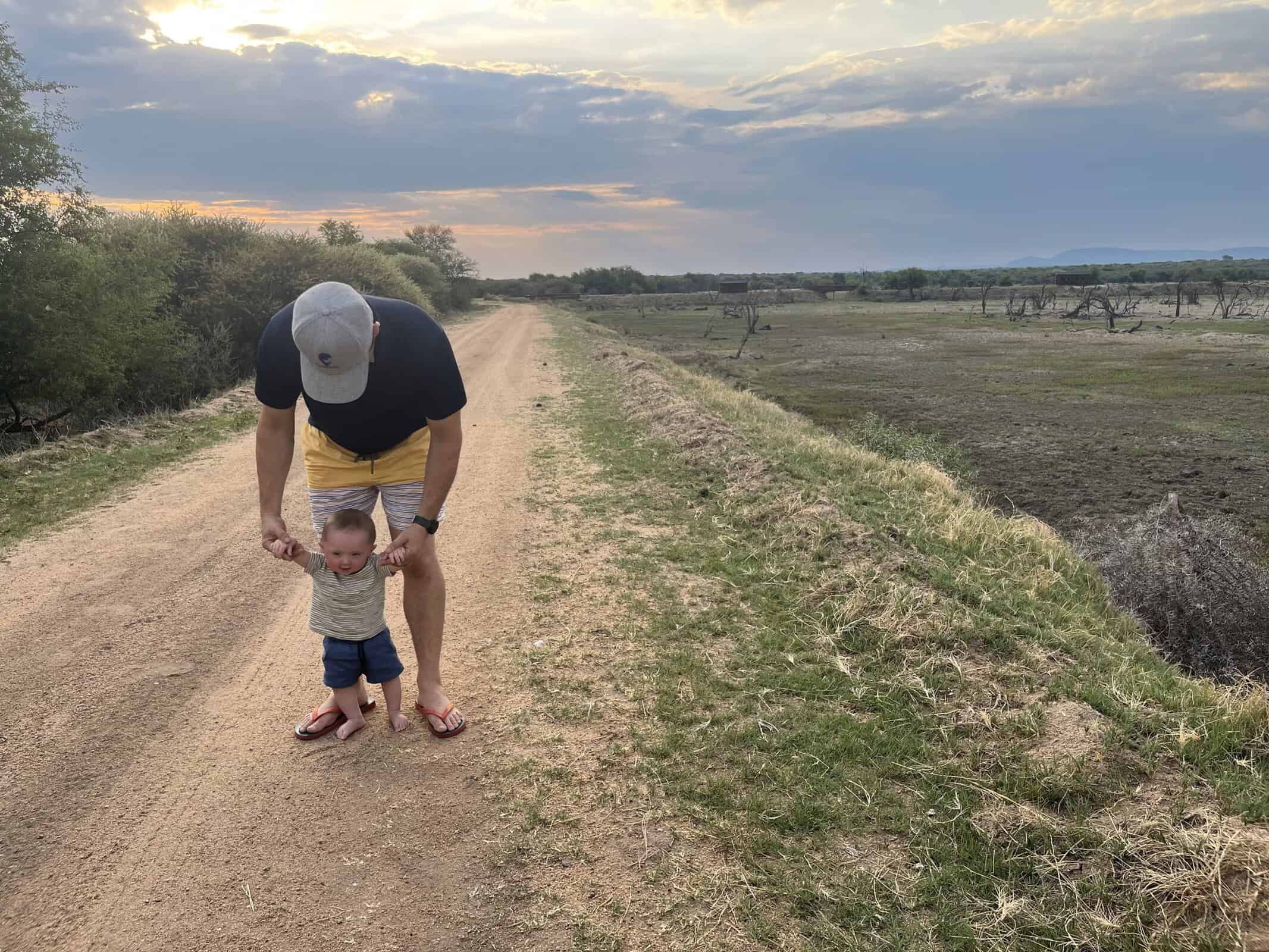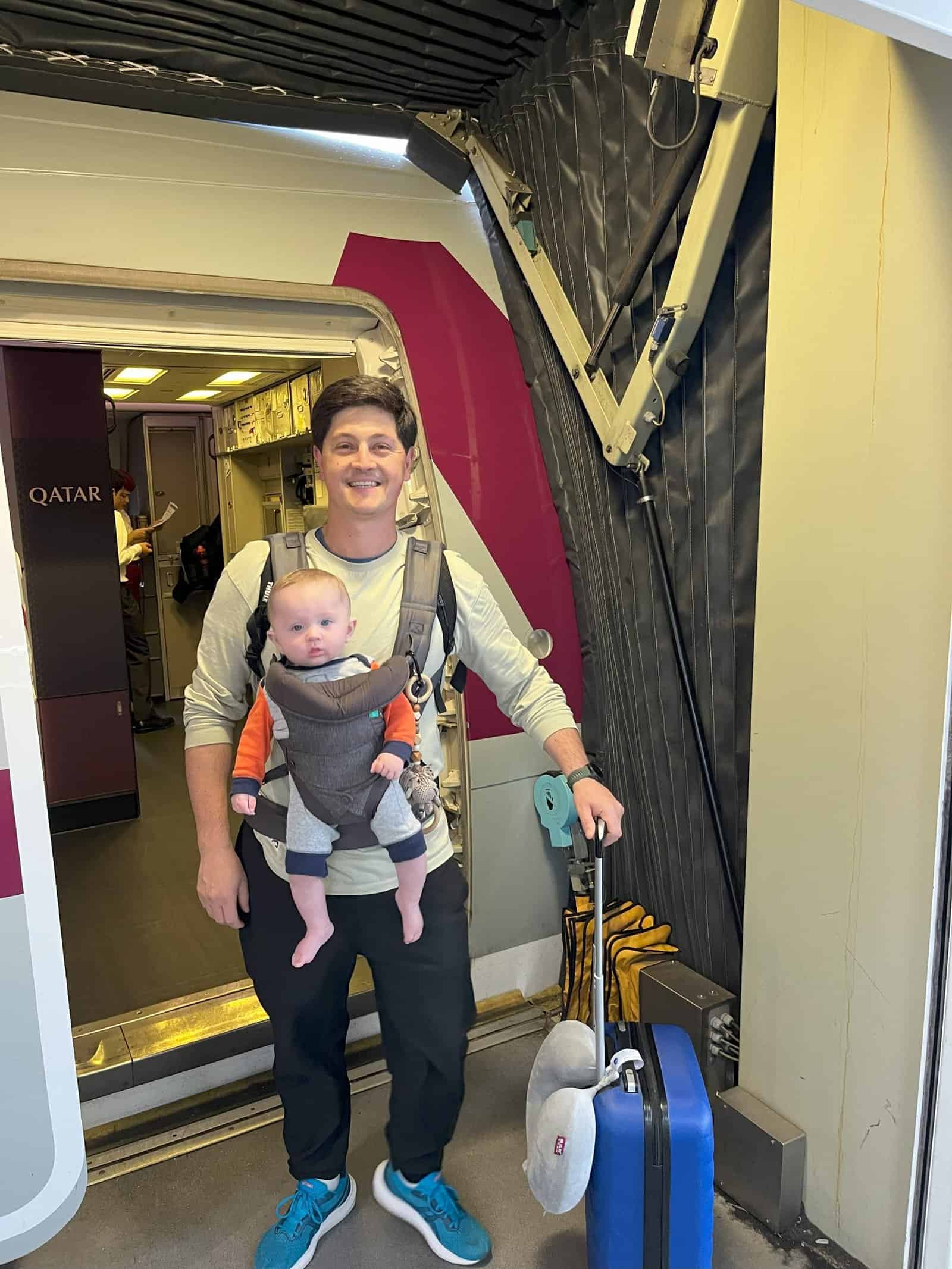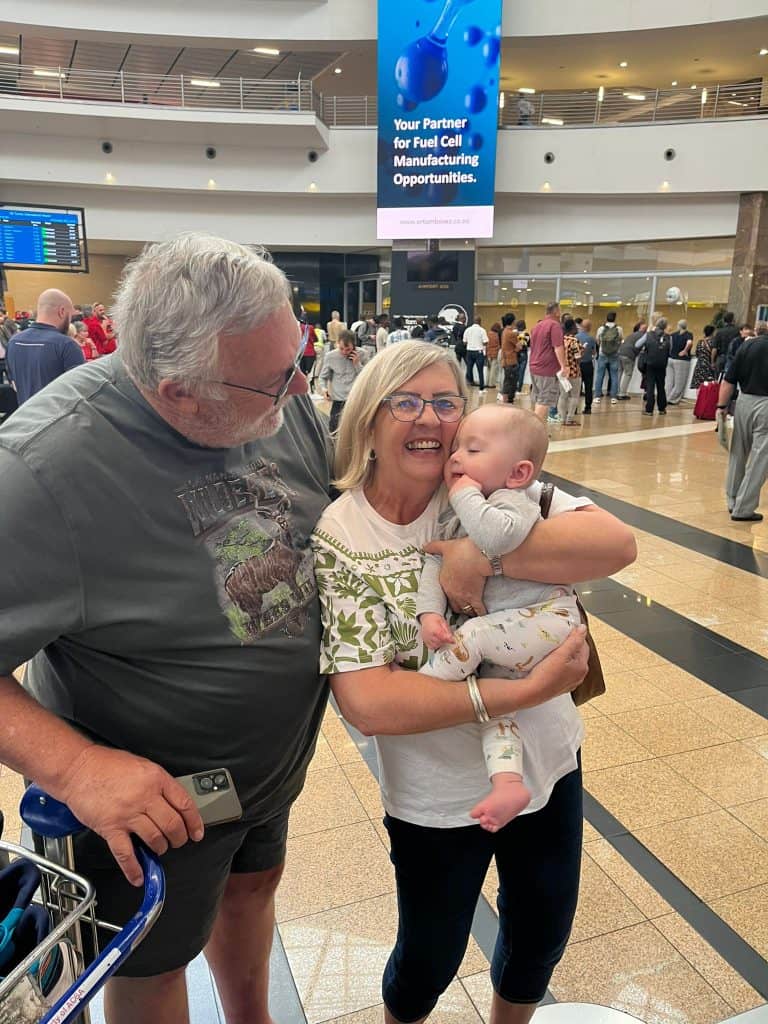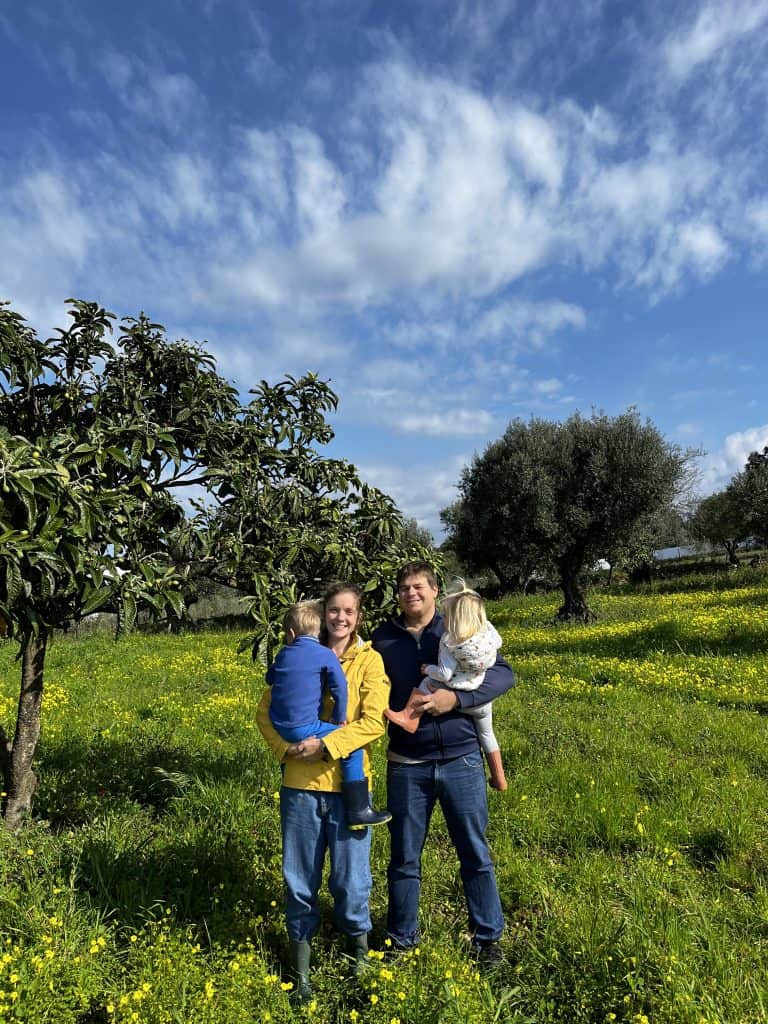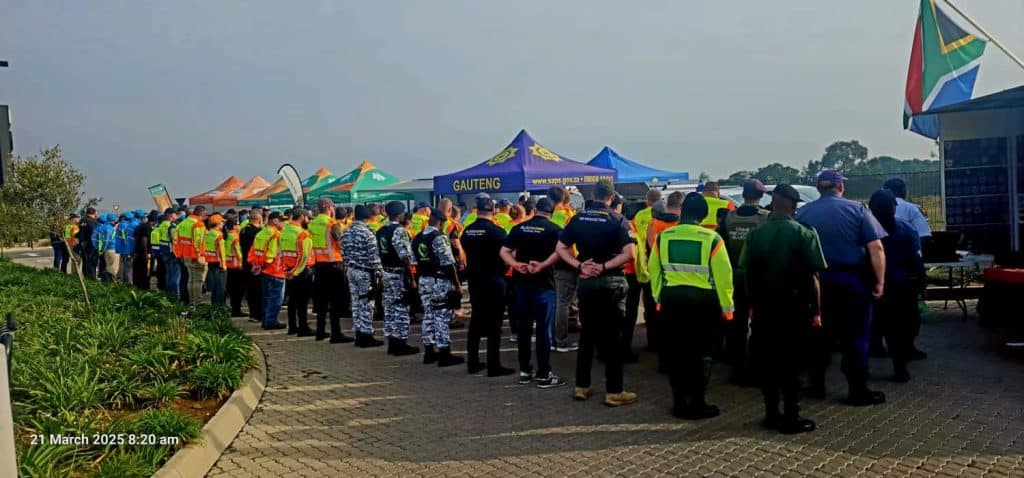By Alecia Odendaal
Sometimes one does a few things in your life that you either thought you would never do, or that you were simply too scared to do. I think for me it was having a baby in a country far away from my family – therefore a mixture of the two. O heavens! Life obviously works exactly in such a way that it would happen to you!
We had a few unbelievably wonderful years in Europe before our little boy was born in April 2023. Our road to parenthood took a few turns and looks a little different from the normal course. We experienced the seesawing of the surrogate process: from adoption to many a round of in vitro fertilisation (IVF). And just when we decided to buy an old house renovate it ourselves in between all the rounds of IVF, we had the wonderful opportunity to experience parenthood – and in another country, moreover!
We are quite comfortable sharing our story. This has led our path to cross those of a few other expats who also want to start their families, but who also struggle to get pregnant.
After a few years of “rest” we were ready for IVF again and visited our house doctor here. I had requested the documents from our fertility specialist in South Africa and took these with. We were referred to the Medische Centrum Amsterdam (the academic hospital) quite quickly. After a witing period of six months our files was considered, and we could continue directly with IVF.
We were part of the programme for about two years before our little son was born. I was privileged that my parents had come to visit during the round of IVF in which he was born. It was special to have been able to take my parents along to the hospital that we had to visit so often.
We have decided very early on to trust the Dutch process and doctors. The process, attitudes and methods differ a lot from what we were accustomed to in South Africa, but this is a different country – of course it would be different!
The surprise element fizzles out a little if the family knows that you are undergoing IVF, knowing within two weeks after the embryo is placed whether it was successful. Nevertheless, when we video called the family, my mother thought that we were conveying the news of emigrating to yet another country. So, surprised they were!
Sometimes it takes some planning to try and include your family and friends in your life outside South Africa. We unexpectedly found out about our baby’s gender at 13 weeks, because it can be very difficult for little boys to conceal their secrets! We arranged with businesses in the different towns in which our parents live to provide baked gender-reveal products. Grandpa and Grandma Odendaal (my husband’s parents) received cupcakes on Grandpa’s birthday. He was quite surprised, because he assumed the cupcakes were for his birthday. Grandpa and Grandma Stander (my parents) received a cake that revealed the gender. We enjoyed it so much to have been able to convey the news in one way or another to them.
We sent photos every week, and as time passed, I became quite anxious about the confinement and the time thereafter. The first challenge that I wanted to overcome was that Skalk would be born at home. This is quite common in the Netherlands, and at around 25 weeks of your pregnancy the medical scheme delivers your confinement box filled with everything that you need for a home confinement. Luckily for us – and the dogs! – it was a good experience in the hospital and our little Dutchling was born on 25 April.
We could go home the same day, and at 19:00 that evening we arrived home with our new bundle. At 21:00 our kraamverzorger (lit. confinement carer) knocked on the door and gave us a few pointers for the first night. I was so grateful! After all, I only knew how to hold a friend’s baby for 15 minutes at a time. For the next seven days she checked in every morning promptly at 08:00 and started her routine. Coffee for the three adults – which I enjoyed in bed! – and then we told her how the night was. At 09:00 I received breakfast in bed, and at 10:00 the little one was bathed. She then cleaned the house and did a few more things. From 14:00 to 15:00 she took care of Skalk so that we could have an afternoon nap. What an absolute luxury – while typing here, it sounds like some fairy tale! Confinement care is a service that every woman in the Netherlands who give birth receives. Without knowing, Rosaline brought tranquillity and routine into our home. She is more or less our parents’ age, and I cried my heart out when she said goodbye at the end of the week.
There is a cute tradition here to announce your baby’s arrival with a banner outside your house; also, to send cards to all your friends with more details about the baby’s weight and length, also inviting them to visit.
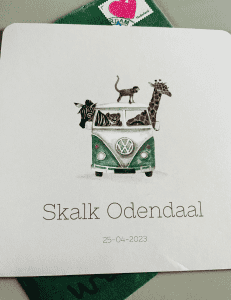
Our South African embassy in the Netherlands saw us very soon after Skalk’s birth, and his first passport photos were taken ten days after his birth, which the poor child will have to use for the next few years! (I promise that he is much more beautiful now than on that passport photo!). Then the long wait for his South African passport started. We were quite surprised to receive a phone call after seven weeks to tell us that the passport was ready; we have heard a few stories or people who had had to wait very long. Obviously, you need this passport to visit South Africa and other places.
Grandpa and Grandma Odendaal came to visit when Skalk was six weeks old, and it was a very special time for us. It also helped me a little to come to terms with everything.
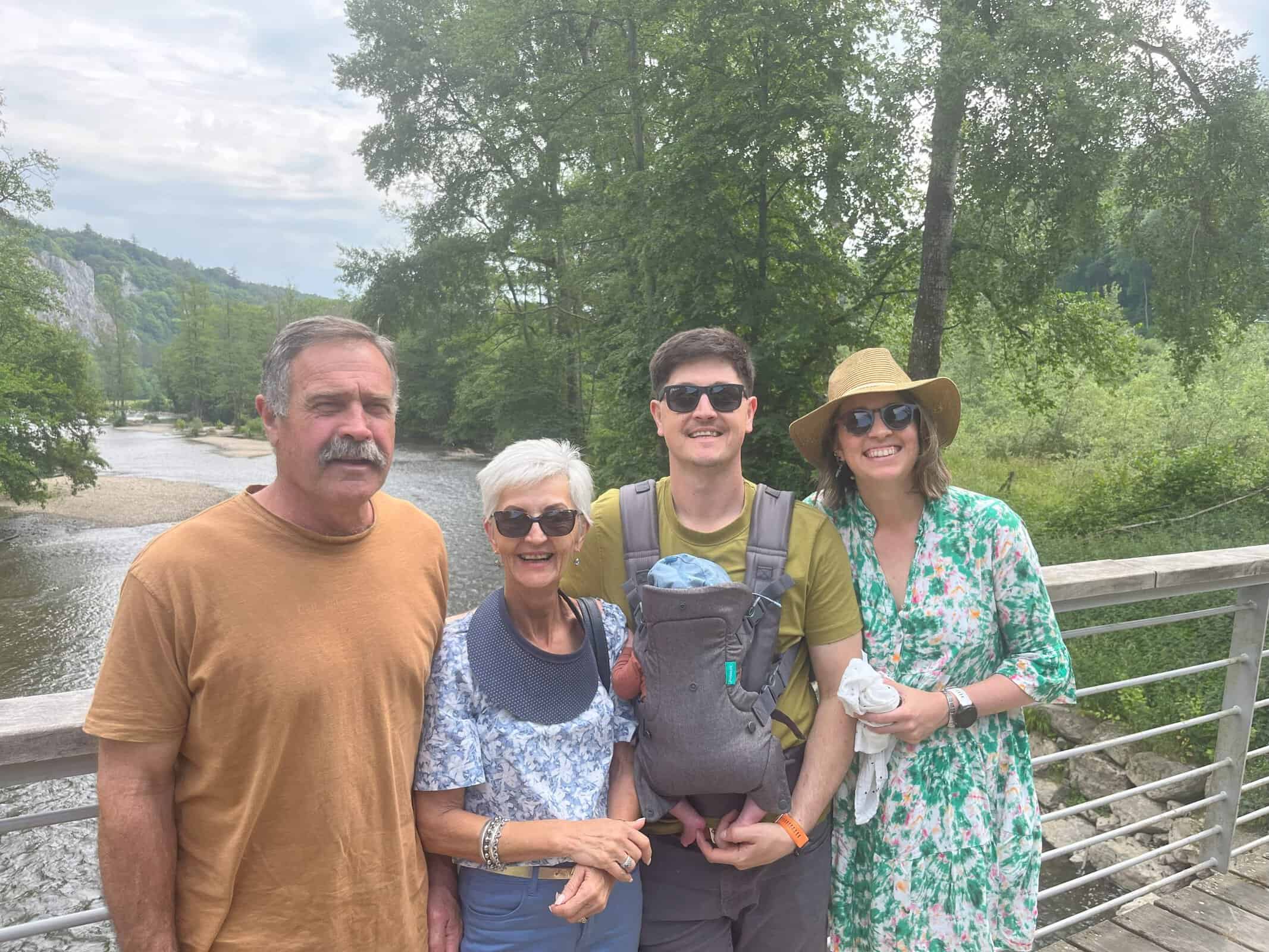
Of course, we took the opportunity to plan a lovely family holiday during parental leave. We toured the northern parts of Germany and the southern parts of Denmark when Skalk was only three months old. When we started off I wondered what prompted us to go on holiday with two dogs, a newborn baby and a 1961 Volkswagen Combi. But then again, I am still here to tell the story: It was a success and also very nice! My husband got a grey hair or two, but I am certain he will do it again.
When Skalk turned six months, we took the rest of our parental leave and visited South Africa for six weeks. We are very spoiled with confinement and parental leave in the Netherlands. You are on compulsory confinement leave from 37 weeks on; thereafter another 12 weeks after the baby’s birth and then another nine weeks to be taken during your baby’s first nine months as you see fit. You also have 26 weeks’ unpaid leave up until your child’s eighth birthday. My husband does not have that much leave, but his ten weeks’ leave was not to be snuffed at!
Most children here do not go to the crèche five days a week, or opvang (lit. catching up), as they call it here. You normally have one of three options: a child minder who cares after the children at her own home, called a gastouder (lit. guest parent); an au pair who comes in to help; or the normal crèche. It is customary in the Netherlands for parents to take a mother’s or father’s day during the week to spend with their children. My husband and I each have a day during the week when we look after Skalk while the other goes to work. He goes to the crèche in the town next to us on other days.
We celebrated Skalk’s first birthday joyously – we made our own boerewors for boerewors roles, drank brandy and sang “Happy birthday” in Afrikaans. A year later we can look back and say that it takes careful planning, a few evenings of crying and a more than usual untidy house to raise a child without your known support network. But for every hopeless sigh there is a round of heartfelt laughter in our home!
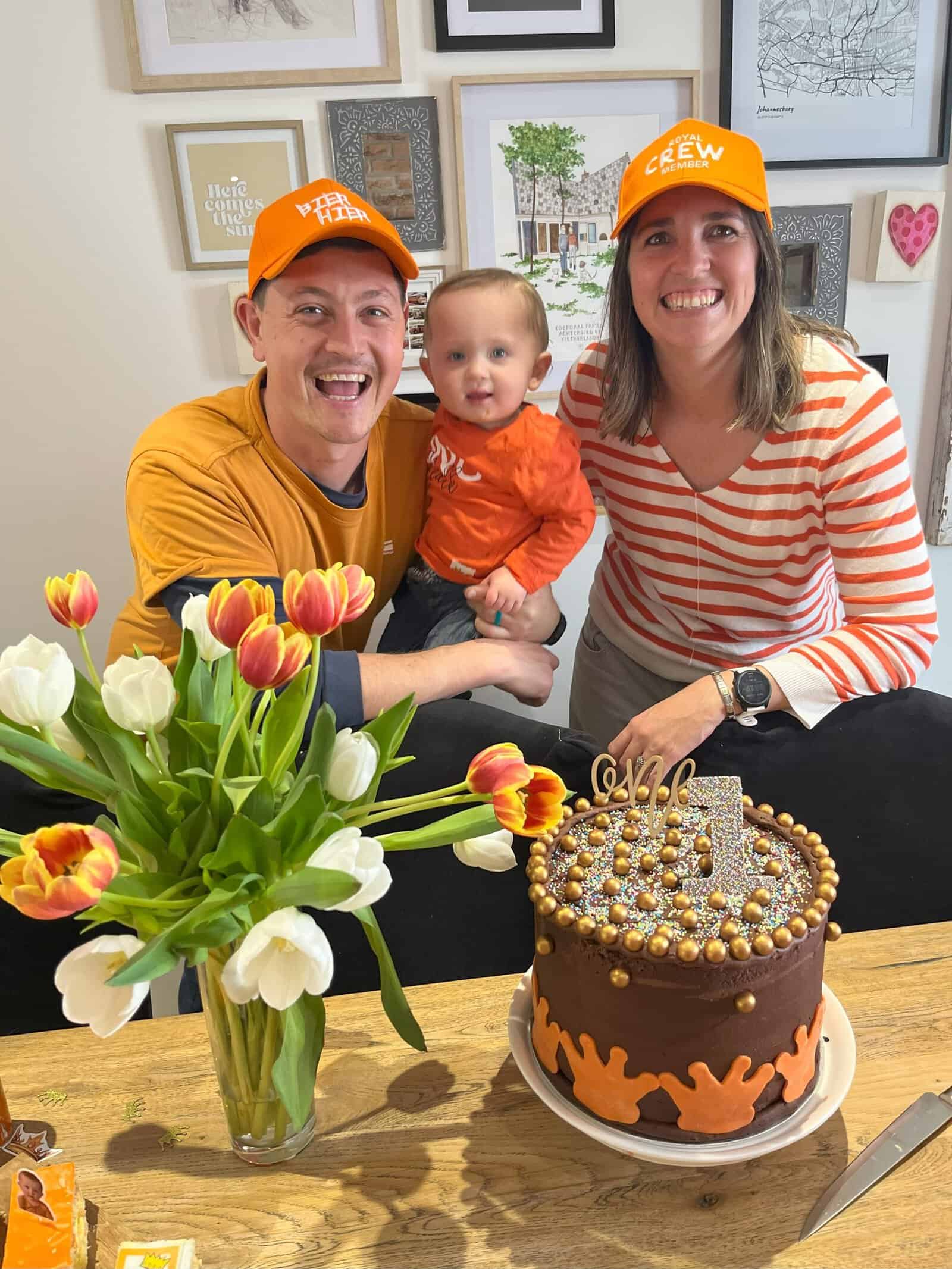
Perhaps I overemphasise the fact that we became parents in another country than our homeland South Africa, but how lovely it is to raise a small human being with his roots in Africa in the world of today. There is a saying that goes: Two of the best things we can give our children are roots and wings.
Also read: Housebuilding adventures in the Netherlands
Write for us
Do you live abroad, or have you recently returned from abroad? You can also write an Out and about article. Email wereldwyd@afriforum.co.za and we will send you questions to answer.
Share on
Latest articles



